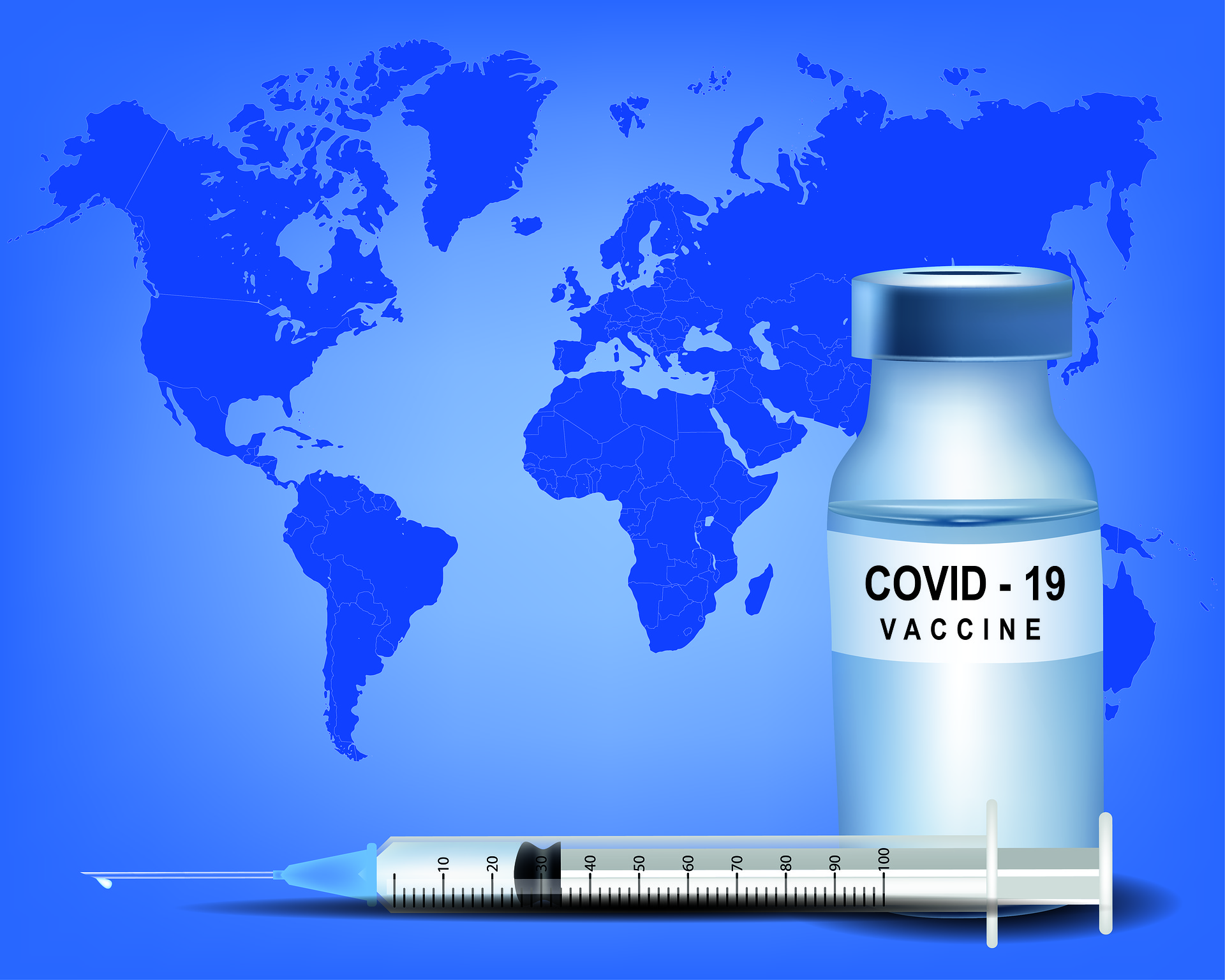In full transparency, the following is a media release from Sen. Ed Markey , who was elected by voters in the Commonwealth of Massachusetts to serve the state in Washington DC in the US Senate. He is a Democrat. (Stock photo)
***
[broadstreet zone=”59982″]
WASHINGTON DC – United States Senators Elizabeth Warren (D-Mass.), Edward J. Markey (D-Mass.), Tammy Baldwin (D-Wis.), Jeffrey A. Merkley (D-Ore.), and Christopher S. Murphy (D-Conn.) sent letters to Pfizer, Moderna, and Johnson & Johnson requesting information on their plans to expand access to coronavirus disease 2019 (COVID-19) vaccines and vaccine manufacturing capacity across the globe.
Their request comes as India faces a humanitarian and public health crisis, with over 350,000 new COVID-19 cases reported in a single day earlier this week.
“COVID-19 has infected over 148 million people and killed over three million globally, with hundreds of thousands of new cases and thousands of deaths being reported daily. Though Pfizer, Moderna, Johnson & Johnson, and other companies have developed safe and effective COVID-19 vaccines, the uncontrolled spread of coronavirus poses significant risks to global vaccination efforts: as the virus proliferates, it evolves-increasing the risk of a variant developing that renders vaccinations ineffective,” the senators wrote.
[broadstreet zone=”59947″]
India is a major producer of the Oxford/AstraZeneca COVID-19 vaccines and has exported over 66 million doses globally since January 2021. But in the midst of the recent surge of COVID-19 cases, India is struggling to vaccinate people quickly enough to quell the outbreak.
There are several steps that vaccine companies could take to expand access to vaccines globally, including in India. Companies could affirmatively decide to share technology, such as vaccine recipes and manufacturing information, with partner companies to expedite production.
This technology transfer could take place voluntarily. Meanwhile, the World Health Organization (WHO) has set up multiple mechanisms through which technology transfer could occur, including through its “COVID-19 Technology Access Pool” (C-TAP)-which calls on “the global community to voluntarily share knowledge, intellectual property and data necessary for COVID-19”-and its mRNA vaccine technology transfer hub-which seeks to “expand the capacity of low- and middle-income countries to produce COVID-19 vaccines and scale up manufacturing” by facilitating the transfer of technology and intellectual property to those countries.
[broadstreet zone=”70106″]
Experts have also called for the U.S. to support the temporary waiver of some Trade-Related Aspects of Intellectual Property Rights (TRIPS) rules proposed by India and South Africa at the World Trade Organization (WTO), which would temporarily lift certain intellectual property barriers and allow countries to locally manufacture COVID-19 diagnostics, treatments, and vaccines.
The lawmakers asked a series of questions about the companies’ plans to expand global vaccine access. They have requested a response no later than May 11, 2021.
Read the Letter to Pfizer (PDF) | Letter to Moderna (PDF) | Letter to Johnson & Johnson (PDF)
[broadstreet zone=”53820″]

